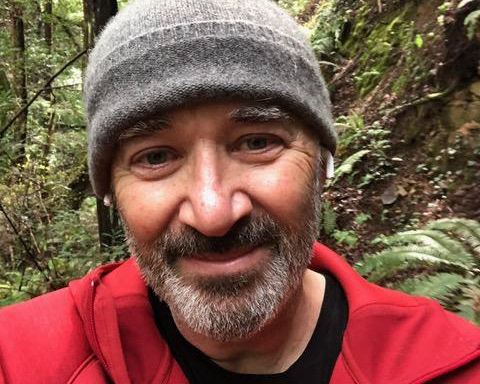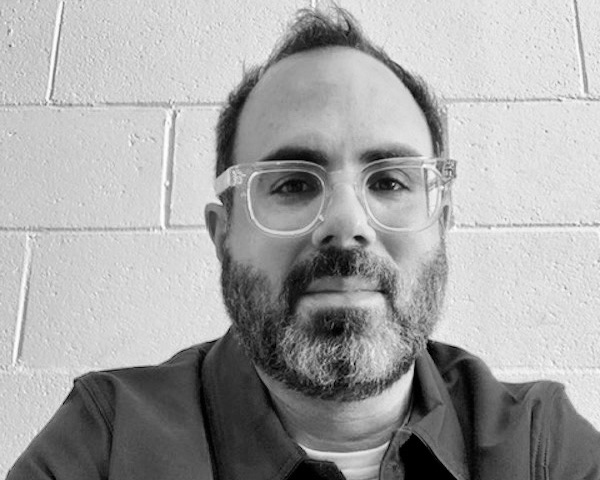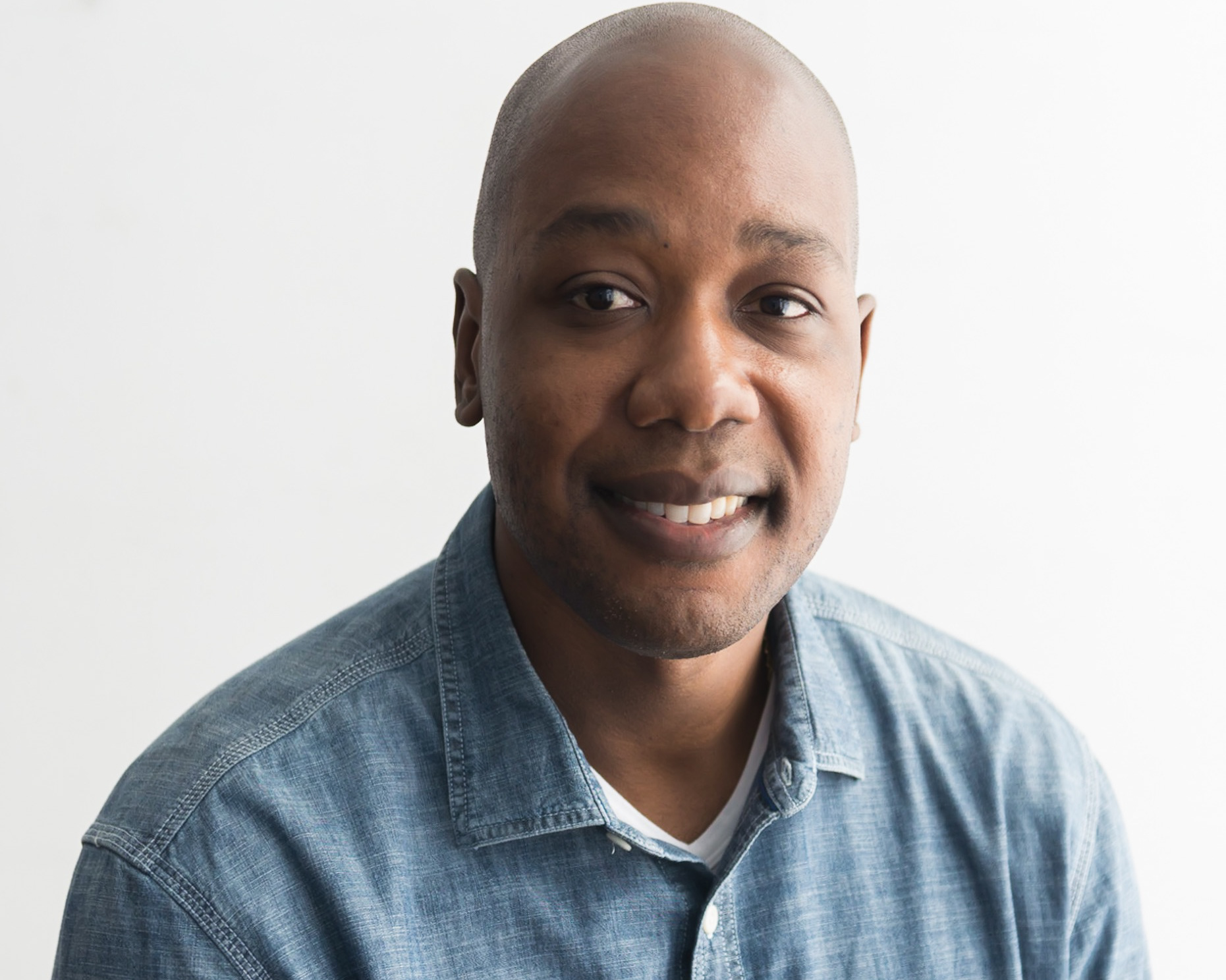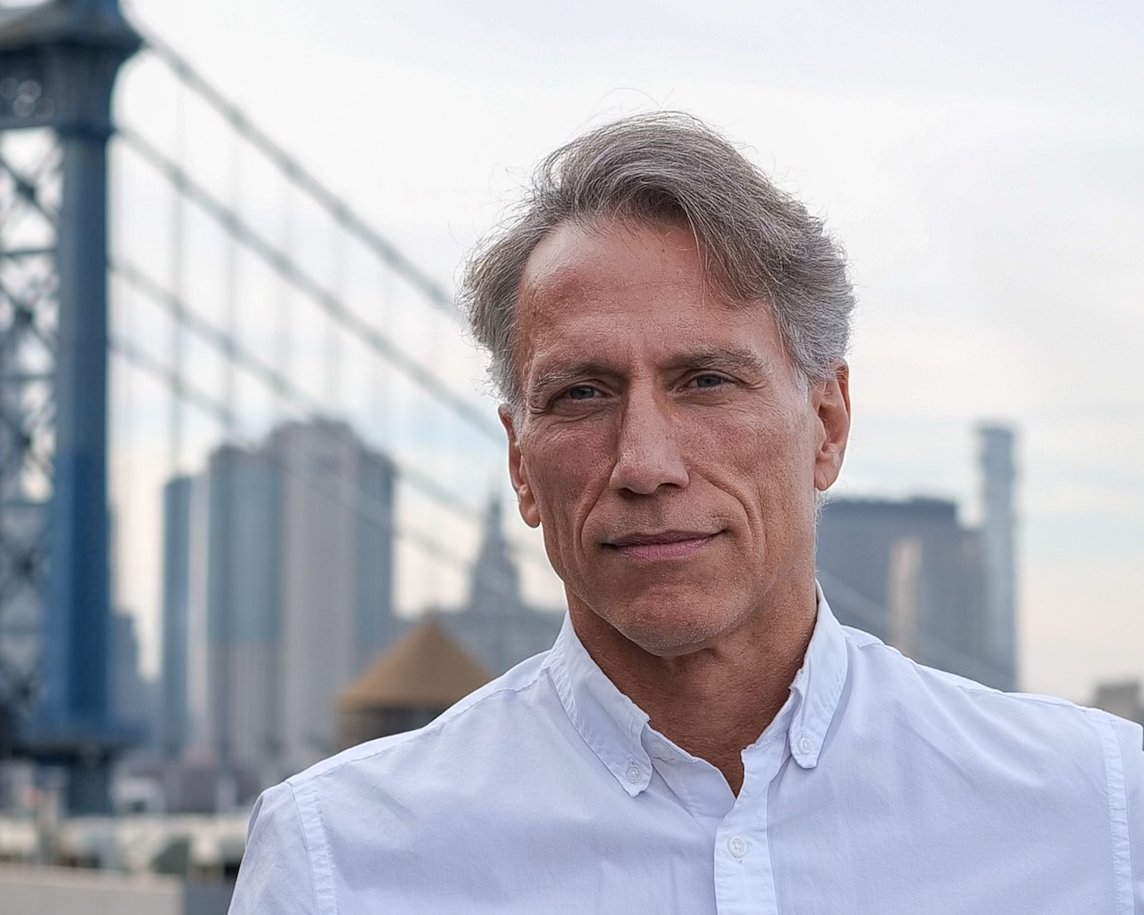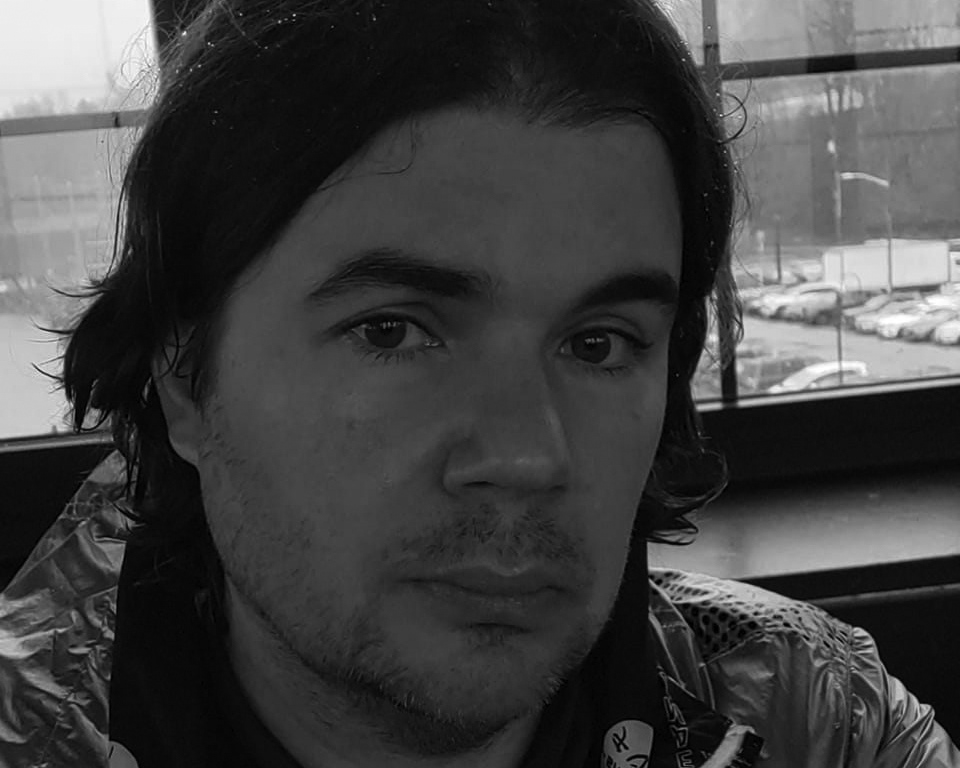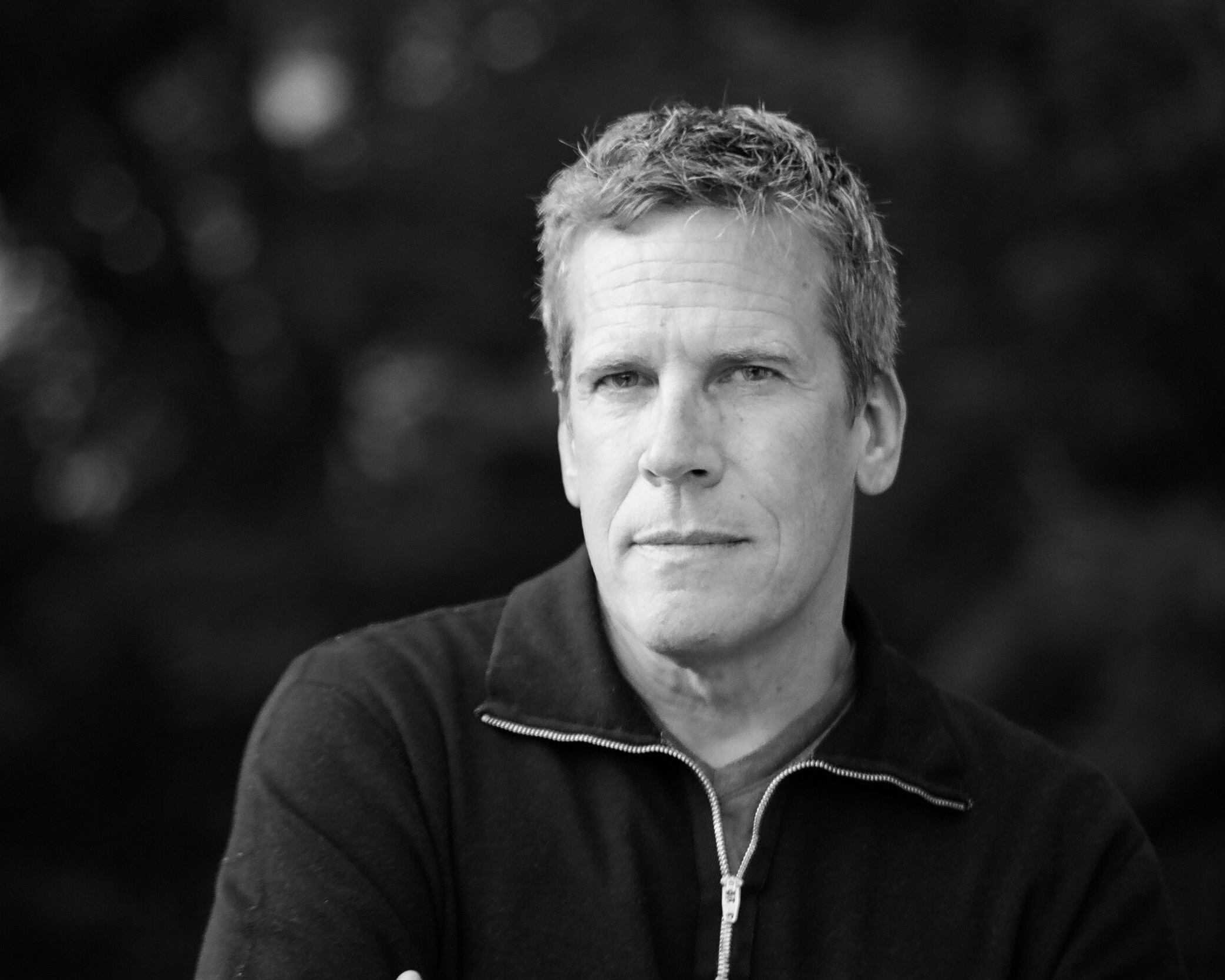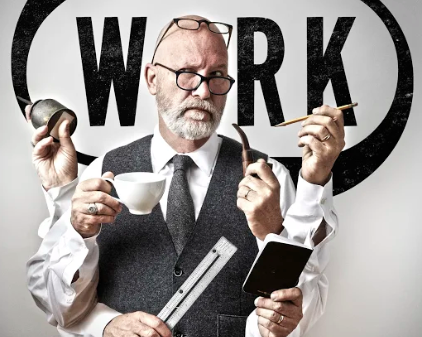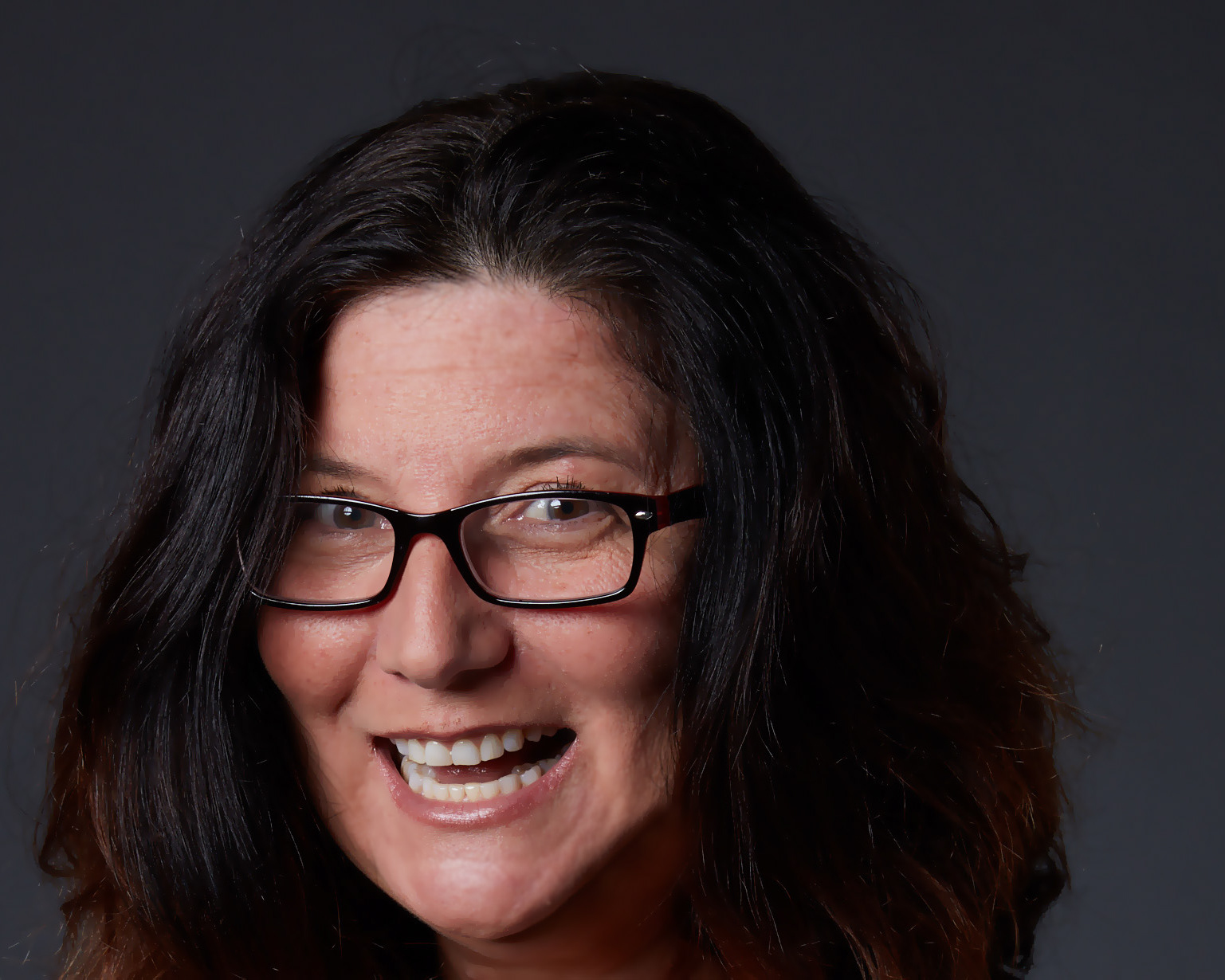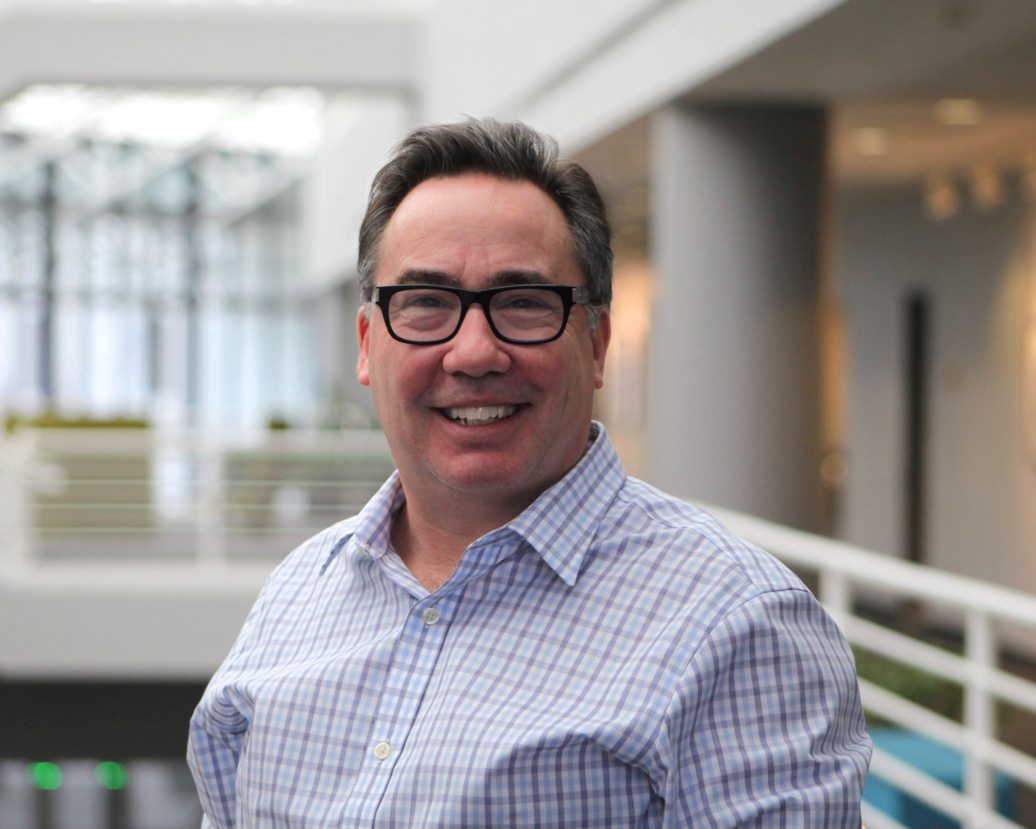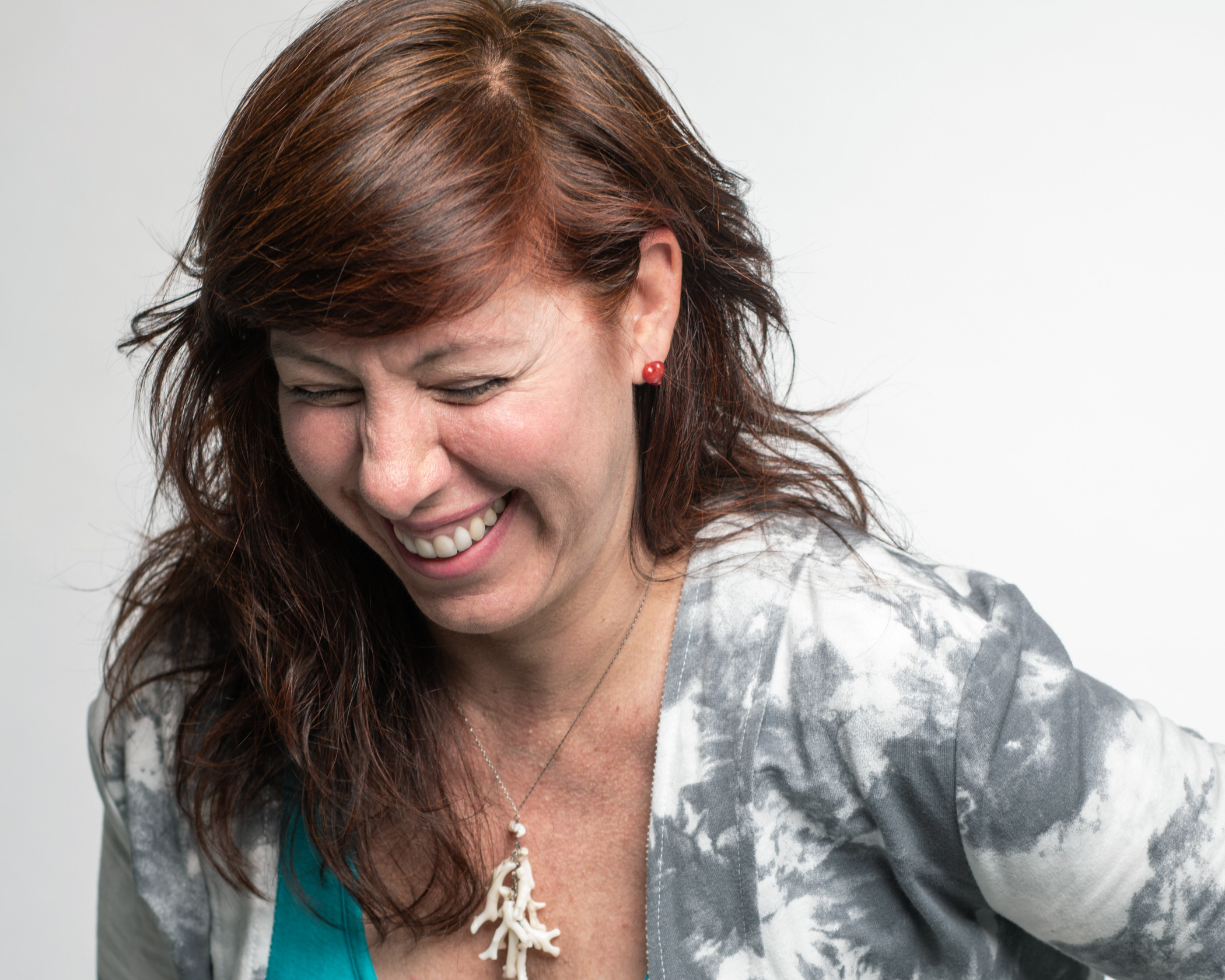Marc Lucas is not only a formidable copywriter, but he's also a man you don't want to find yourself sitting across the poker table from. Legend has it that at a Hold 'Em tournament, he took out Public Radio God Ira Glass heads up and holding the exactly the same hand--a pair of sixes. (He sucked out the flush.) People say the podcast This American Life hasn't been the same since.
Marc is also known for co-hosting an event popular with creatives who don't get the invite to Cannes. Held at a Manhattan bistro called Felix during Cannes week, it's called NO CANNES DO. Copious amounts of Rose are imbibed and absolutely no French is spoken.
Professionally, Mr. Lucas is an award-winning copywriter and creative director with international experience helping brands grow. Marc was previously the Executive Creative Director of Razorfish, Chief Creative Officer of KBS+P, Network Creative Director at MDC, and has held senior creative positions at SS+K, Ogilvy and D'Arcy in New York, Hong Kong & Manila.
Marc lives in Brooklyn and works globally with clients, with agencies, and for himself. He also happens to be a great person to share a glass of beer and some Szechuan with.
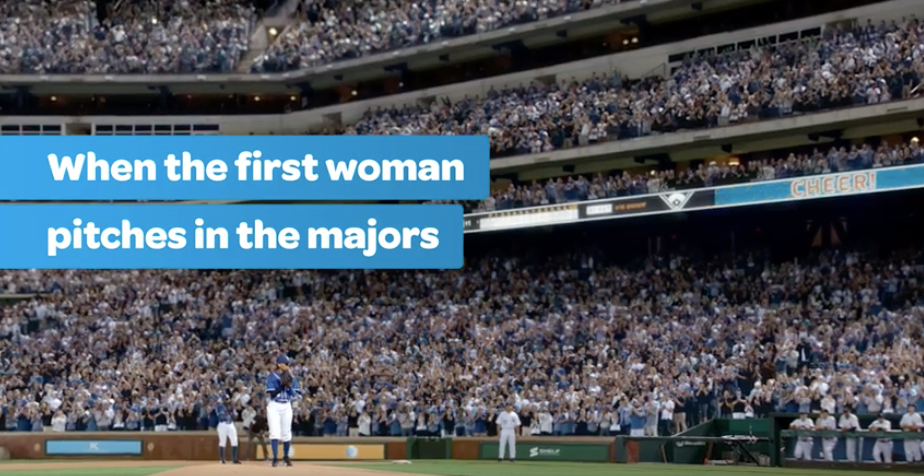
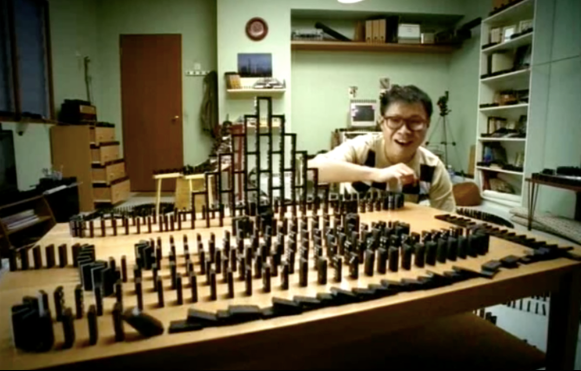
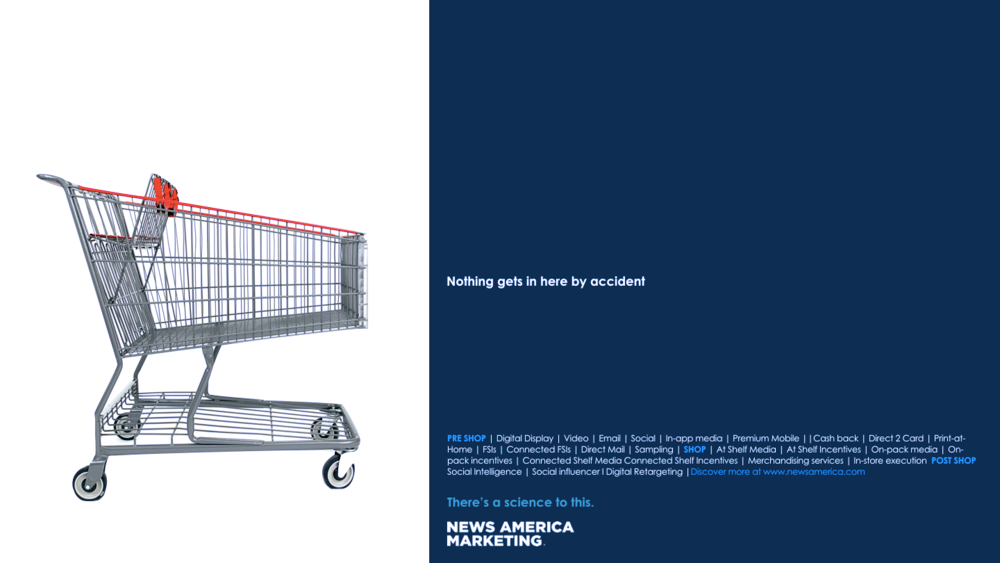
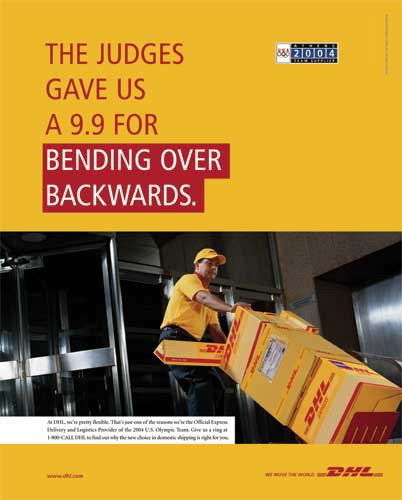
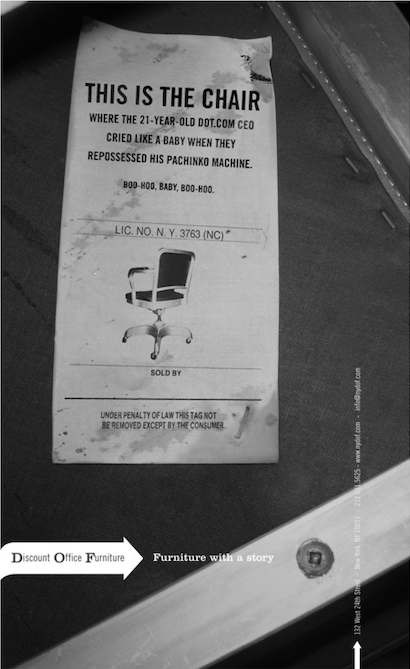
Is ageism in the industry something you thought about in your 30s? Your 40s?
Not at all. In fact, I was ‘the kid’ for the first fifteen years of my career. I interned at Y&R in Hong Kong when I was 17, started out as a writer at Ball when I was 22, moved to Chiat/Day New York when I was 25, and was an ECD with Ogilvy before I was 30.
Being seen as ‘old’ in this business took me by surprise.
Is ageism something that’s affected you? What are some of the challenges you faced as a person who was getting older in the business? Do tell.
I’ve spent the better part of a decade freelancing now, and the most visible evidence of age-ism is the ‘you’re too senior’ response I get from recruiters who don’t know me personally. It’s a combination of my resumé [yes, I have been around] and the perceived cost of a senior freelancer. The reality is a day rate is a day rate, and chances are a more senior resource is more likely to crack it sooner and need less supervision than a less experienced resource.
The good news is that concern goes away the moment I get to work - or at least at the first creative review. There’s a demonstrable difference in attitude when you share work with a creative lead, an account lead, and a client, and everyone is nodding along.
The other thing I’ve noticed is that, while I come in as a writer/creative director, I’m usually asked to stick around to take on more responsibilities with less supervision. Long engagements are the ultimate endorsement that you being in the room makes things better. My longest freelance run was almost three years with BBDO, but I’ve also had long-term [a year or more] gigs at Publicis, Havas, and JWT, to name just a few. Nothing speaks louder than repeat business; engaging a freelancer is an active choice every single day.
"Nothing speaks louder than repeat business; engaging a freelancer is an active choice every single day."
Did the reality of the ad industry contribute to the decisions you made/the path you’ve taken?
I made a silly career choice that briefly sky-rocketed me into a CCO gig that I shouldn’t have accepted. It was a bad fit and it ended mercifully quickly. With the assistance of a great lawyer, that mis-step allowed me to entertain my micro-agency path. [There’s also nothing quite so humbling as interviewing for gigs after ‘flaming out’ as a CCO.]
I incorporated as LU©AS&Co. with every intention of winning a few clients, renting a loft, and hiring a few friends. It turns out I prefer to work on big problems rather than manage a small business, so I pivoted to a steady day-rate business working mostly for agencies and servicing a few corporate clients of my own.
More and more of my work today is with my own clients, directly with the CEOs and CMOs of large companies seeking an alternative to a traditional agency.
What are your thoughts on where you are now, as you look back on your creative journey?
I feel blessed. I have seen a good deal of the world and been thrust into all sorts of interesting situations. I’ve presented work to a North Vietnamese Air Force General, been invited into boardrooms with the most staggering views, and written scripts that take me to many wonderful places. I enjoy what I do and feel lucky that I can make a good living making stuff up.
My only real regret [other than that CCO gig] is that we work in an industry that doesn’t value past successes. Architects leave a body of work that is pored over for decades. Doctors are respected because they save lives and cure diseases. Their reputations are built on their past success.
Have you cracked open an old One Show Annual recently? Take a look at the index of the 1988 One Show Annual and I’ll show you a sad list of great people who once worked in advertising.
The hard truth is, being a creative is an elaborate reality show with people being voted ‘off the island’ every 90 days. If you came into the business with 100 peers at 20, there may be 5 left when you’re 50. The ones who stay become a target for the cost-cutters as their worth increases. It’s pretty harsh.
"Take a look at the index of the 1988 One Show Annual and I’ll show you a sad list of great people who once worked in advertising."
What do you feel creative people over 50 can offer over someone 20 years their junior, things that are unappreciated, or just plain overlooked?
Experienced creatives are more likely to crack it or at least work past the clichés quicker. In some circumstances, you can talk to clients as peers or even with a little expertise. [Lord forbid!]
What is your advice to people who are nearing or over 40 in the ad industry?
If you’ve been paying attention, spending 15 to 20 years sitting in agency meetings is a postgraduate marketing education. Great agencies are teaching hospitals - take advantage of that. The skills and knowledge you accumulate can help make you way more successful than a creative director could hope to be.
Keep your mind open, pay attention, and put those skills to work elsewhere.
"Great agencies are teaching hospitals - take advantage of that."
How are you approaching the next 10 years? What does your future hold?
As the industry changes, and as agencies struggle to demonstrate value, there’s a place for smart senior strategic creative people in newer places. I’m having some success as a client consultant and I’m looking for more opportunities like that. I’m also working with partners to develop branded content and owned IP. If all that fails, I have grand ambitions in hospitality and real estate that draw upon my advertising experience.
What’s one thing the industry could do to make you think they are taking combating ageism seriously?
I don’t think they are. I don’t think ‘the industry’ gives a shit about ageism, and I don’t think they ever will. While it feels shocking to wake up in your 40’s and realize that you may not be generously paid to make stuff up, it’s hard for others to get too sympathetic about it.
What do you see as potential solutions for ageism in the industry? Any thoughts on unionizing?
Collectivism has never been advertising’s strong suit. Agencies have been undermining each other forever, so the idea that we could all agree to employment terms is naive at best.
What are some positive things you’ve experienced as you’ve grown older in the business?
I like it when the penny drops; when you walk into a gig for a specific assignment, demonstrate your value, then get asked to stick around. It’s reassuringly validating.
Who do you look to for inspiration?
Josh Kilmer-Purcell has built a massive business, written New York Times bestsellers, won The Amazing Race, and looks like a million bucks in drag. I’m in awe of his work ethic, his charm, his focus, his ability to see a long game and execute it. I would give my left arm to have a tenth of his ability, his talent, and his drive.

